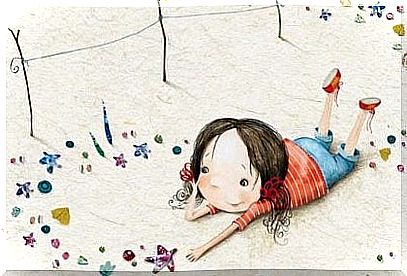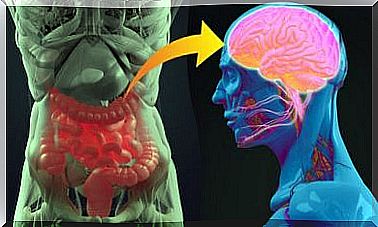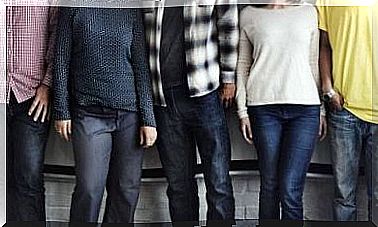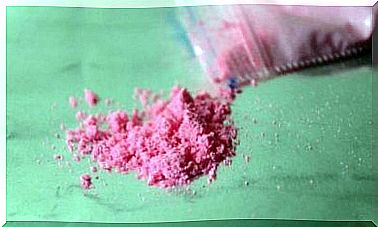5 Mistakes Parents Make With Their Children

“Since my mother never let me eat chocolate, I buy a piece every day for my little girl,” “My father gave me house arrest if I did not do homework, so I will let my son do what he wants in school.” Does it ring a bell?
There are a whole lot of books that tell you how to be the perfect or ideal parent; but only perfect practice makes perfect. And in the real world, it’s not easy to live up to the advice that works.
In fact, there is a good chance that you were subjected to some form of “injustice” when you were a child. It is possible that you also swore that you would never do the same to your children. Maybe you’re successful at it, but that does not mean you’re doing anything good for them.
Did you know that half of the self-help books in bookstores are about how to be good parents? The fear of making mistakes or repeating previous mistakes is obviously so strong that it indicates what adults are reading.
But be careful. And do not confuse making mistakes with failing. After all, none of us are born wise. One of the most common mistakes parents make is trying to keep their child from “suffering” from what they suffered in childhood. This happens because we tend to think negatively about those childhood memories. Although our parents actually ” did it for our own good.”

For example, if our mother did not let us eat chocolate every day, it was not because she was evil. That was because, the habit would have provoked cavities, obesity and other problems. If our dad asked us how it went at school, it’s because they would not let us care about our studies.
According to studies, we inherit not only genes from our parents, but also trauma and emotional traits. And it is very possible that we also end up passing them on to the next generation. In addition to the common expressions you heard when you were little and certainly repeat to your children, it often happens that your children end up suffering from the consequences of your childhood problems.
The typical “Déjá vus” of childhood
“Ask for it and it will be yours”
You feel guilty because you have left them all day. So you buy everything they ask for and give in to their apologies no matter what. Since you are not there when they grow up, you feel that you need to “cleanse” yourself in a way. But how? Presents.
“The teacher is just against her / him”
It used to be that when we come home with a bad grade, we were punished. But when it happens nowadays, the parents run to the teacher and ask why they do not like their child. Do not try to excuse the situation by thinking that the teacher is against your child or that it is not your child’s fault for not reading homework.
“Let them watch TV”
This is one of the diseases of modern life that our parents may not have had because a few years ago there was not so much programming, so many games, social media, websites, etc.
You may have gotten mad at your parents once or twice because they sent you into your room to read homework without letting you watch TV. Now let your child sit in front of the screen for several hours as it also facilitates your job of taking care of them.
“They know I love them”
It is never a bad thing to express your feelings to your loved ones. When they are babies, it is easier to tell them that they are the light of your life and that you love them, etc. But, as time goes on, that habit disappears.
When they reach, for example, the teenage years, children ask their parents to stop being so emotional because they become embarrassed. Even though they think it is important that you keep expressing your love.

“They only understand when I punish them”
Giving our children house arrest is perhaps a quick way to get your child not to repeat whatever they did wrong. But… how long does that lesson last?
If they know you forget all that a few days later and let them do what they want, your words do not mean much to them.









